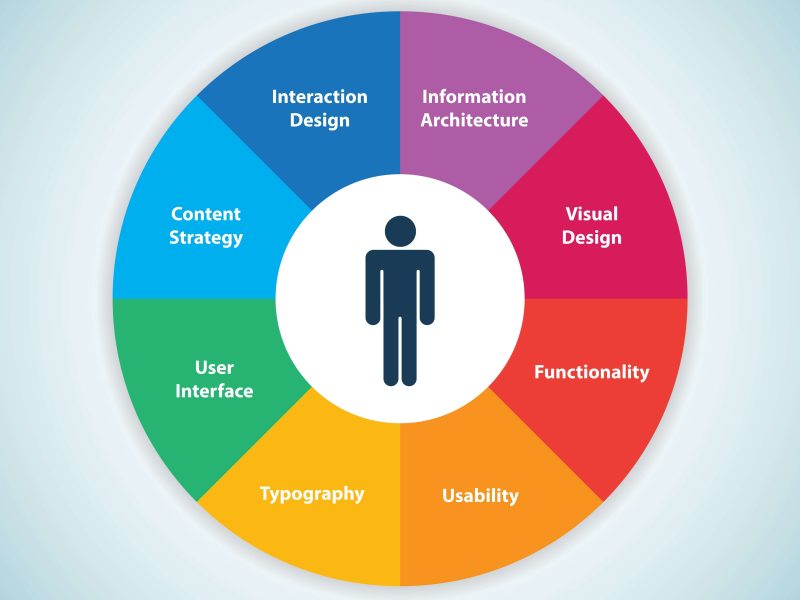Employee engagement is a critical factor for the success of any organization. Engaged employees are more committed, motivated, and productive, leading to higher levels of customer satisfaction and business growth. However, many companies struggle to keep their employees engaged. In this article, we will explore effective strategies that can be implemented to enhance employee engagement.
1. Clear Communication
Open and transparent communication is the foundation of employee engagement. Employees should feel comfortable and supported in expressing their ideas, concerns, and suggestions. Regular team meetings, one-on-one sessions, and feedback loops are crucial to ensure that employees are informed about the organization’s goals, strategies, and progress. Additionally, managers should be easily accessible to address any questions or issues that employees may have.
2. Define Clear Roles and Responsibilities
When employees have a clear understanding of their roles and responsibilities, they feel a sense of purpose and are more engaged. Clearly defining the expectations and objectives for each job role enables employees to align their work with the organization’s goals. This can be achieved by providing detailed job descriptions, conducting regular performance evaluations, and setting SMART (Specific, Measurable, Achievable, Relevant, and Time-bound) goals for employees.
3. Provide Opportunities for Growth and Development
Employees are more likely to be engaged when they see a clear path for growth and development within the organization. Providing learning and development opportunities, such as professional training programs, workshops, and mentoring, not only enhances employees’ skills but also demonstrates the organization’s investment in their long-term success. Encouraging employees to take on challenging projects or cross-functional assignments can also contribute to their personal and professional growth.
4. Foster a Positive Work Environment
A positive work environment is essential for employee engagement. Organizations should encourage teamwork, collaboration, and mutual support among employees. Recognizing and celebrating employees’ achievements and milestones create a sense of appreciation and job satisfaction. Regular team-building activities and workplace wellness programs can also contribute to a positive work culture. Additionally, promoting work-life balance and offering flexibility in work arrangements can greatly enhance employee engagement.
5. Provide Opportunities for Autonomy
Empowering employees with a certain level of autonomy in decision-making and task execution fosters a sense of ownership and accountability. When employees feel trusted and valued, they are more likely to be engaged in their work. Managers should delegate responsibilities and allow employees to make decisions within their scope of work. Encouraging innovation and creativity by welcoming new ideas and opinions can also boost employee engagement.
6. Recognize and Reward Performance
Acknowledging and rewarding employees’ performance is an effective strategy for increasing engagement. Recognizing both individual and team achievements instills a sense of pride and motivation. Rewards can vary from verbal appreciation and public recognition to tangible incentives such as bonuses, promotions, or extra time off. It is important to ensure that the recognition and rewards are fair, consistent, and aligned with the organization’s values.
7. Build Strong Leadership
Strong leadership plays a crucial role in fostering employee engagement. Leaders who lead by example, communicate effectively, and inspire their teams create a positive work environment that encourages engagement. Organizations should invest in leadership development programs to cultivate strong leaders who can effectively manage and motivate their teams. Providing regular coaching and feedback to leaders can also help them enhance their leadership skills.
8. Foster a Culture of Feedback
Feedback is essential for growth and improvement. Establishing a culture of feedback in the organization encourages continuous learning and engagement. Managers should provide constructive feedback to employees on a regular basis, emphasizing their strengths and suggesting areas of improvement. Similarly, employees should be encouraged to provide feedback to their supervisors and peers. This feedback loop helps in aligning expectations, improving communication, and fostering a culture of trust and openness.
Conclusion
Implementing effective strategies for employee engagement is crucial for the success of any organization. Clear communication, defining roles and responsibilities, providing growth opportunities, fostering a positive work environment, promoting autonomy, recognizing and rewarding performance, building strong leadership, and fostering a culture of feedback are all essential components of an effective employee engagement strategy. By implementing these strategies, organizations can create an engaged workforce that drives innovation, productivity, and success.


